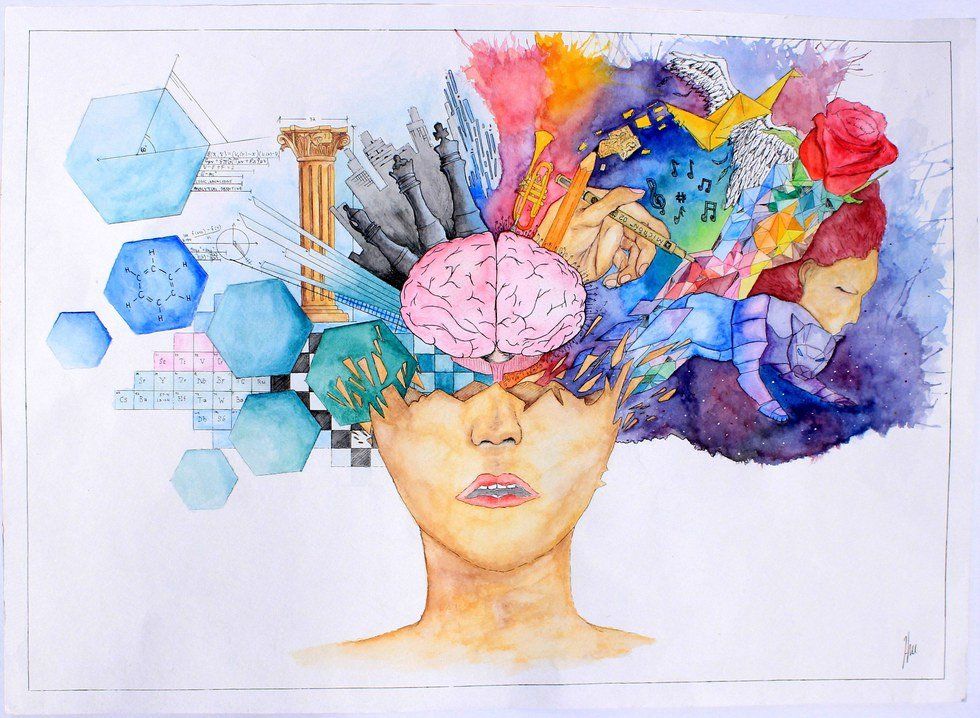In a world of advanced technology and instant communication, with almost all of the knowledge, one could wish to know at the tips of their fingers, it’s disconcerting that as a growing population we take information as truth without questioning it at all.
There’s a quote that comes to mind:
“The problem is not people being uneducated, the problem is that they are educated enough to believe what they’ve been taught, and not educated enough to question it.” - Unknown.
Daily we watch as headlines cross over computer and TV screens, as words are printed in newspapers or posted on forums -- polarizing, extreme, and created to sway an opinion. Sources like CNN or FOX claim to report news; in reality, they report editorials and often offer misleading, incomplete, or inaccurate data. Newspapers like the Wall Street Journal, Arizona Republic, Washington Post and so on have printed two different versions of the same piece of news to appeal to specific groups of people.
The common theme between all of these different examples? Information is stated -- but not enough to give an objective view of the situation, rather just enough to validate an individual point of view. If this is the model our current “news” institutions offer, then what are our solutions to this problem?
Simply put question everything. Do not be satisfied with being told, “This is happening.” Ask the reasons why it is happening. What is happening, and why is it occurring? Who is it happening to, and why is it happening to them? Where is this happening, and why is it happening there? When is it happening, and why is it happening at this time?By asking why, we are able to find solutions or objective reasoning to a perceived problem or occurrence, rather than focusing on the problem or occurrence itself. Asking the why about a problem or situation allows one to go beyond simply processing the information we take in and allows us to evolve to critically thinking about the stated issue. By critically thinking about the information we are given, we are able to gauge the validity of it and via research can back up this information with credible data. And yes -- doing this is an investment. It comes at the cost of our effort and time but gives the reward of a factual, objective, and educated viewpoint; often, this is how we are able to find solutions to contemporary problems we face and give explanations to why trends and occurrences happen, to begin with. If we can begin a tradition of asking why rather than just what, we can become a society of truly informed individuals.




















